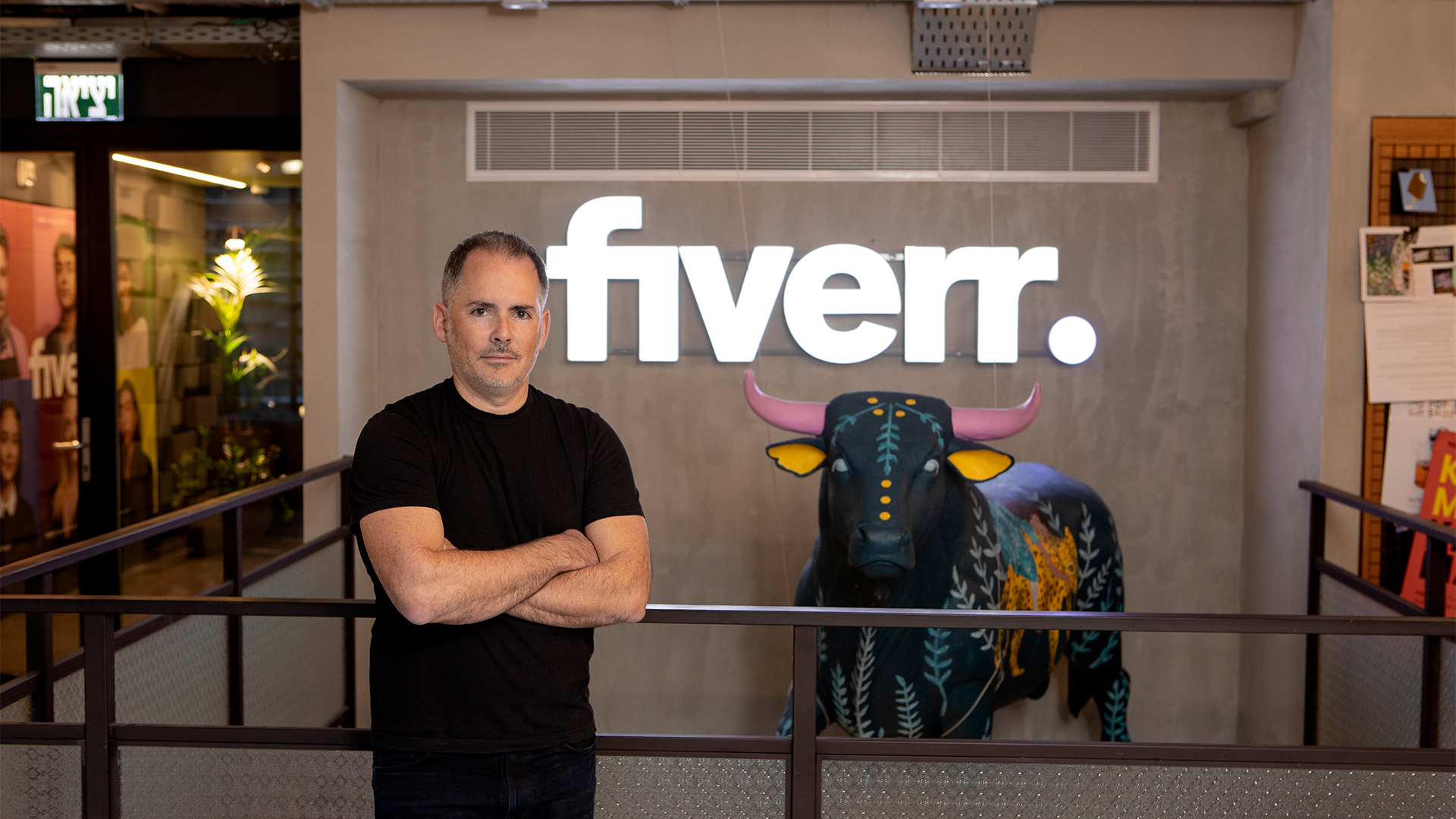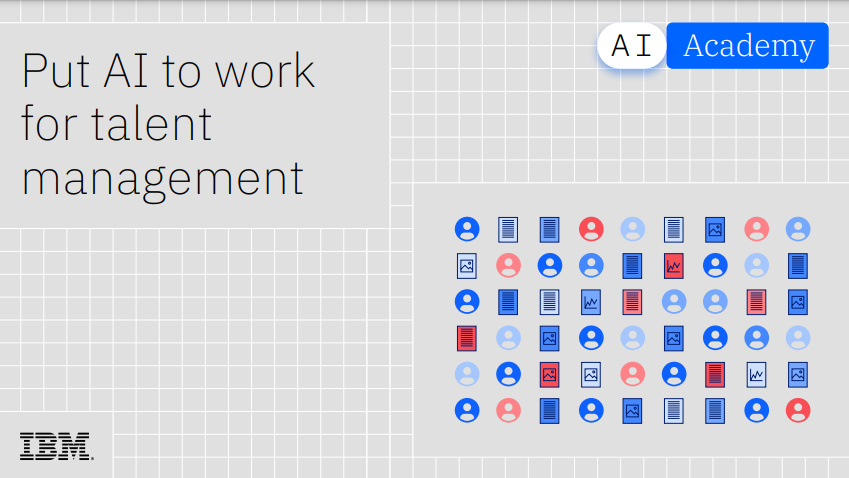Women pursuing computing degrees surges, the biggest growth rate of any subject area
However, the amount of women beginning computing degrees this year is still low compared to men, a figure of 6,450 compared to 27,735


Computing degrees have seen a 23% growth in accepted applications from women since 2019, with the number of young women pursuing these degrees growing faster than any other UK university subject.
The 23% growth is a higher percentage rise than for any other UCAS subject group, according to analysis from BCS, The Chartered Institute for IT.
The increase is particularly prominent among 18-year-old women taking the subject at university, which is up 47% between 2019 and 2020. The growth rate for 18-year-old men was 29% over the same period.
However, although BCS said the rise was “striking and important”, it cautioned that the number of women beginning computing degrees this year was still low when compared to the number of men - 6,450 women started courses versus 27,735 men.
Additionally, male students outnumbered female students in computer science by 4.3 to 1 this year, although the gap has narrowed slightly from 2021 when it was 4.7 to 1.
“The gender gap in computing is closing at degree level, but it’s still far too wide and we need to improve on women making up 22% of tech specialists,” said Julia Adamson, MD for education and public benefit at the BCS. “Diverse teams make every member of that team a better engineer, better able to design and deliver inclusive solutions which meet the needs of society.”
There was an 11% increase in the total number of students placed on undergraduate degrees in computing across the UK compared to last year, with a total 34,185 students accepted. The BCS found this was the second-largest percentage increase of any subject.
Get the ITPro daily newsletter
Sign up today and you will receive a free copy of our Future Focus 2025 report - the leading guidance on AI, cybersecurity and other IT challenges as per 700+ senior executives
The institute added that the overwhelming majority of computing entrants to undergraduate courses came from state schools across the UK. Only 2-3% come from private schools, with an additional 8% coming from further education.
Earlier this year, the BCS found that computing A-level entries increased by 41% across England, Northern Ireland, and Wales since 2019. In England, there was a 43% increase, the highest of any subject. In Scotland, computing higher entries rose by 8% since 2019 and 13% at advanced higher.
Since 2019, there has been an increase of 20.1 percentage points in the number of female students awarded with an A grade or better at A level computing in England. Between 2019 to 2022, female entries for the subject have risen by 64% in England and 43% in Wales.
In August 2021, one in four female computing students achieved an A* in the year’s A-level results, increasing from 17.8% in 2020 to 25.7% in 2021. On the other hand, 18.9% of male students received an A*, up from 13.1% the previous year.
Zach Marzouk is a former ITPro, CloudPro, and ChannelPro staff writer, covering topics like security, privacy, worker rights, and startups, primarily in the Asia Pacific and the US regions. Zach joined ITPro in 2017 where he was introduced to the world of B2B technology as a junior staff writer, before he returned to Argentina in 2018, working in communications and as a copywriter. In 2021, he made his way back to ITPro as a staff writer during the pandemic, before joining the world of freelance in 2022.
-
 Why keeping track of AI assistants can be a tricky business
Why keeping track of AI assistants can be a tricky businessColumn Making the most of AI assistants means understanding what they can do – and what the workforce wants from them
By Stephen Pritchard
-
 Nvidia braces for a $5.5 billion hit as tariffs reach the semiconductor industry
Nvidia braces for a $5.5 billion hit as tariffs reach the semiconductor industryNews The chipmaker says its H20 chips need a special license as its share price plummets
By Bobby Hellard
-
 Women show more team spirit when it comes to cybersecurity, yet they're still missing out on opportunities
Women show more team spirit when it comes to cybersecurity, yet they're still missing out on opportunitiesNews While they're more likely to believe that responsibility should be shared, women are less likely to get the necessary training
By Emma Woollacott
-
 ‘AI is coming for your jobs. It’s coming for my job too’: Fiverr CEO urges staff to upskill or be left behind
‘AI is coming for your jobs. It’s coming for my job too’: Fiverr CEO urges staff to upskill or be left behindNews The latest in a string of AI skills warnings has urged staff to begin preparing for the worst
By Ross Kelly
-
 IBM pledges support for UK government cyber skills program
IBM pledges support for UK government cyber skills programNews The CyberFirst Girls competition is aimed at increasing diversity in the cyber security workforce
By Emma Woollacott
-
 AI skills training can't be left in the hands of big tech
AI skills training can't be left in the hands of big techNews Speakers at Turing's AI UK conference lay out challenges to AI skills readiness
By Nicole Kobie
-
 Tech talent shortages mean firms are scrapping traditional recruitment strategies
Tech talent shortages mean firms are scrapping traditional recruitment strategiesNews With more than half of enterprise leaders worried about future skills shortages, many organizations are turning to a range of new techniques to expand potential talent pools.
By Emma Woollacott
-
 The UK’s AI ambitions face one major hurdle – finding enough home-grown talent
The UK’s AI ambitions face one major hurdle – finding enough home-grown talentNews Research shows UK enterprises are struggling to fill AI roles, raising concerns over the country's ability to meet expectations in the global AI race.
By Emma Woollacott
-
 Businesses know they have major skills deficits, but less than half plan on hiring more women
Businesses know they have major skills deficits, but less than half plan on hiring more womenNews Male IT leaders remain complacent about gender diversity despite widespread skills shortages
By Emma Woollacott
-
 Put AI to work for talent management
Put AI to work for talent managementWhitepaper Change the way we define jobs and the skills required to support business and employee needs
By ITPro